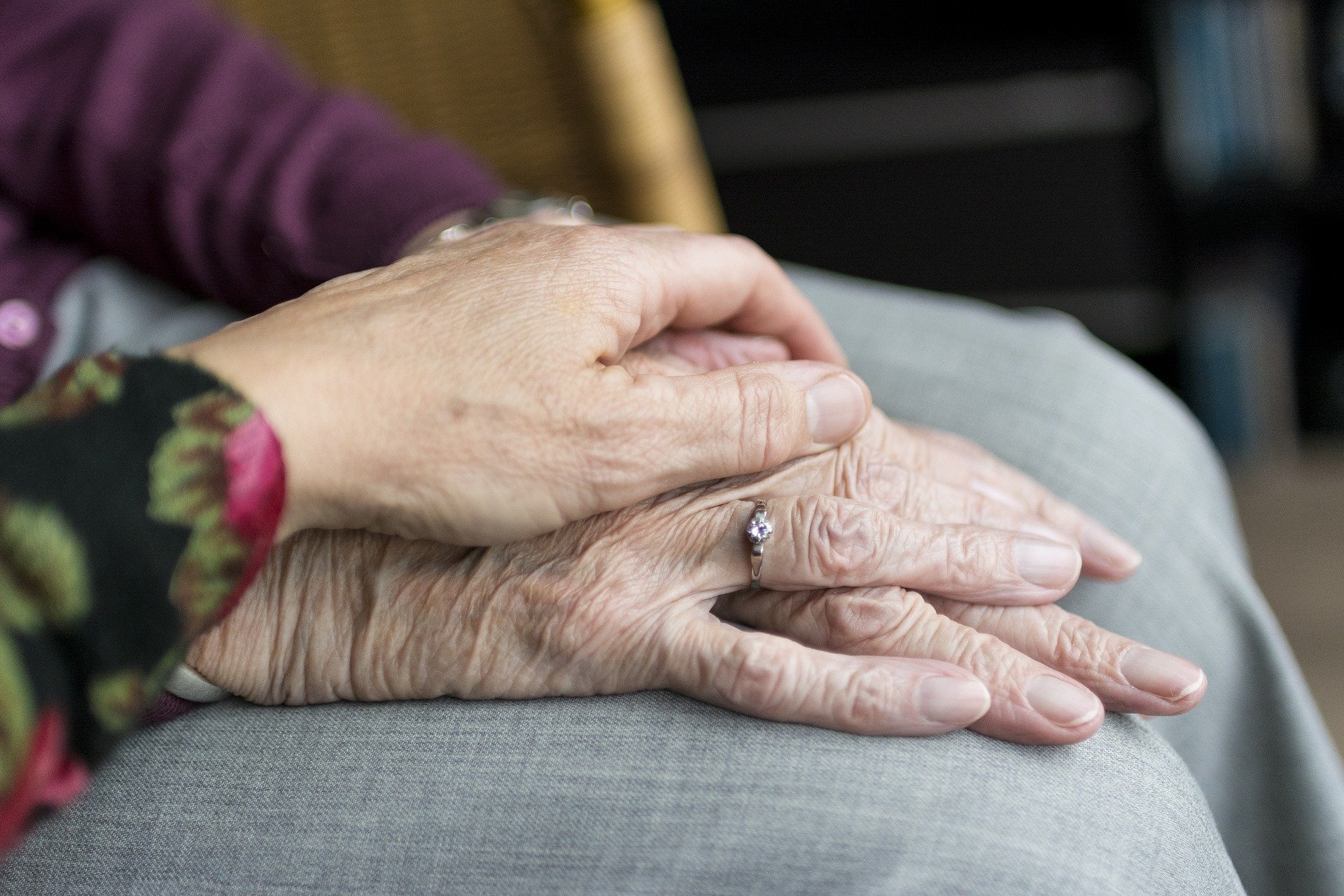
Guest article provided by: humansense.online
Self-care for carers is a topic I am passionate about. My work as a therapist over the years with those who give their love, support and time to loved ones who are coping with illness, disability and mental health challenges never ceases to amaze me. On a more personal level, as a child I provided care to my mum when needed who battled with Multiple sclerosis for over 40 years. Later on in life I found myself in the role of an informal carer again, along with my husband, to provide support for his mother and father when his father had a stroke.
It was hard work, physically and emotionally but we did it together and shared the load. We were lucky that we had each other’s support. My experience of working with carers highlights that this is often not the case at all. Informal carers are often going it alone, on call 24/7 and can feel isolated.
Who are Informal Carers
Informal carers are individuals who provide care, support or assistance to a loved one. This includes family members, a friend or neighbour. Care is provided on an unpaid basis. Informal carers provide practical help and support for those close to them who are experiencing disability, mental health difficulties, chronic illness or recovery from an accident or illness.
Informal carers are indeed special people. They give their support, love and time for caring for someone close. It may not be something they chose. It’s incredibly hard work bringing challenges both physically and emotionally and changes the life they once knew.
Carer Statistics
Did you know current statistics indicate that at some point, worldwide 3 people out of 5 will become an informal carer at some point in their life time? If you are an informal carer then you are one of over 186 million informal carers worldwide. The International Alliance of care Organisations (2012) suggest that “Around the globe, carers are the invisible backbone of our health and social care systems, often sacrificing their own physical, financial and psychological well-being in order to provide care for a loved one”.
On being a carer
If you are a carer there may be many reasons why you are looking someone – because you love them, you feel you have a duty too or you feel you have little choice.
Carers I have worked with often talk about feeling as though they have lost their identity. The roles they juggle can be many and trying to balance them feel really difficult at times. In fact many carers express they feel uneasy about the changes to their role that looking after someone else brings. Common concerns include:
- changes to the relationship and roles they once had
- increased levels of responsibility
- feelings of not being able to cope effectively
- worries about being able to cope financially
- feelings of being the only one in the situation
- anxieties about their own health and well-being
- feeling guilty about taking time for themselves
Looking After Yourself
It is understandable that when you are focusing on the well being of someone else it is often easy to overlook your own health needs.
Your well being is just as important as the person you are caring for. One of the most important ways you, as a carer can look after your loved one is to ensure that you look after yourself. I often use the “battery” analogy with clients. If we imagine our energy levels are like a battery, we need to ensure we give ourselves time to “recharge” and “top up” otherwise we end up running on empty and eventually stop working altogether.
One of the key themes that carers bring up is the importance to keep a sense of themselves and not lose their own identity. Carers expressed the need to be able to plan some personal time during the week or day in order to help manage the situation. Although sometimes they felt this was much easier said than done, being able to build in some “me” time helped them to gain more of a sense of control and improved their outlook about the caring role they were doing.
So how can you care for you?
The basics – eat, exercise and sleep
I know at first glance these seem obvious, but when talking over self-care with clients skipping meals, or grabbing something quick to eat can be common place. Eating regular, healthy meals is important to provide essential vitamins and nutrients and keep the battery topped up.
Doing some gentle exercise such as stretching, Yoga or walking helps to keep joints mobile and the body supple. There are lots of information and classes, many that are free online if it is hard to physically get to a class.
We all need quality sleep, although we don’t all need the same amount! However, building in a good sleep routine can help both the physical body and emotional well-being. Sleep helps the body to repair itself and allows the mind to rest. If you are having trouble getting to sleep there are lots of apps, and free relaxation audios you can download.
Routines
Carers express they often feel overwhelmed with everything they have to do. Being able to identify and build in useful routines where they could help many carers to feel more in control and relieved anxiety not only for themselves but for their loved one too.
Challenge self doubt
You do a tough job. It’s all too easy to let our thoughts spiral out of control when we are feeling overwhelmed or stressed. Don’t allow negative thoughts to overtake the way you think. Check the evidence of negative thoughts (Is this really how it is? Am I putting pressure on myself?). Acknowledge what you do well – it’s all too easy to think about what we should be doing. When you feel like this take a moment to Stop and identify what you are doing well right now! It could be you make a great spaghetti dish, your loved one is safe or you got through the day. Remember you are human! It’s okay to make changes to arrangements if you need to and it is okay to ask for help when you need it. Don’t feel guilty about doing so.
Self-care tips from carers
Below are some key tips that carers have shared with me and found useful in helping themselves to cope on a day to day basis.
Take regular breaks – a short rest period during the day or week can help to relieve pressure and refresh your mind and ability to cope. Breaks little and often can help to recharge batteries. Try to continue to do things to you used to enjoy and get pleasure from. Listen to some music, read a magazine or book, go for a walk, plant some flowers……
Access support and practical help– Sometimes it is not practical or possible to carry on doing all the care yourself. Asking for help is not a sign that you are not over seeing your responsibilities or you can’t cope. Having some extra help with tasks and activities can help the caring relationship and give you both a break. Sharing the caring load with people you trust can help to give you some time as well as maintaining social interaction for your loved one. Take advantage of the support offered e.g. family, friends, neighbours, carer groups, church groups and clubs.
Keep social contacts – remember being a carer is just one aspect of who you are. Try to maintain your social activities and friendships where you can. Don’t be afraid to ask for help from friends, neighbours and family to support you to maintain your interests.
Try to continue with your own interests – keeping up with your own interests outside of the caring role provides psychological respite and helps to maintain your social network.
Talk – talking to someone you trust and who understands your situation and how this affects you can help to alleviate feelings of isolation and stress. Being able to share experiences knowing you are not alone can be of valuable support. If it’s difficult to talk with people you know speaking with a counsellor can help in providing emotional support as well as exploring strategies to assist.
